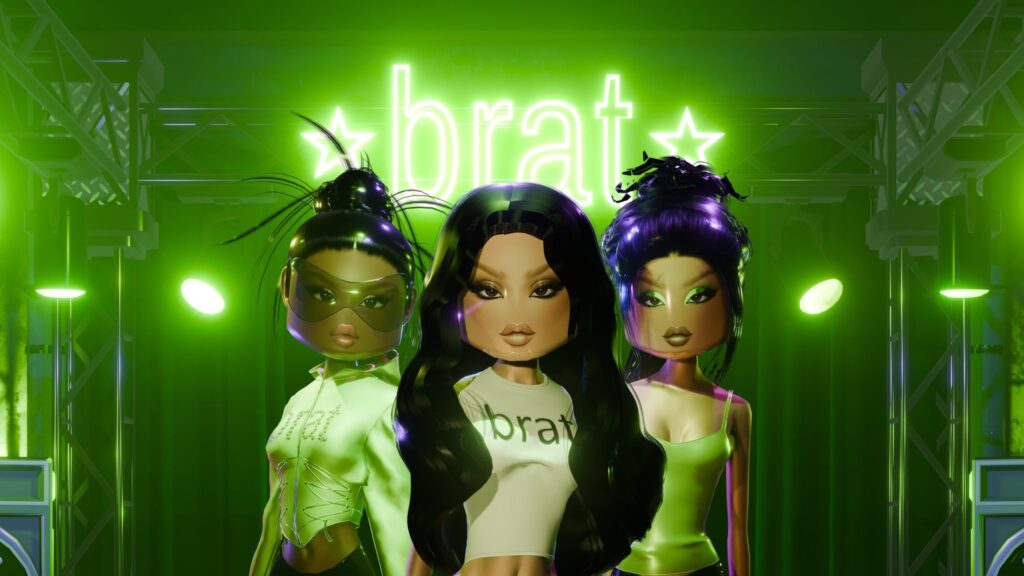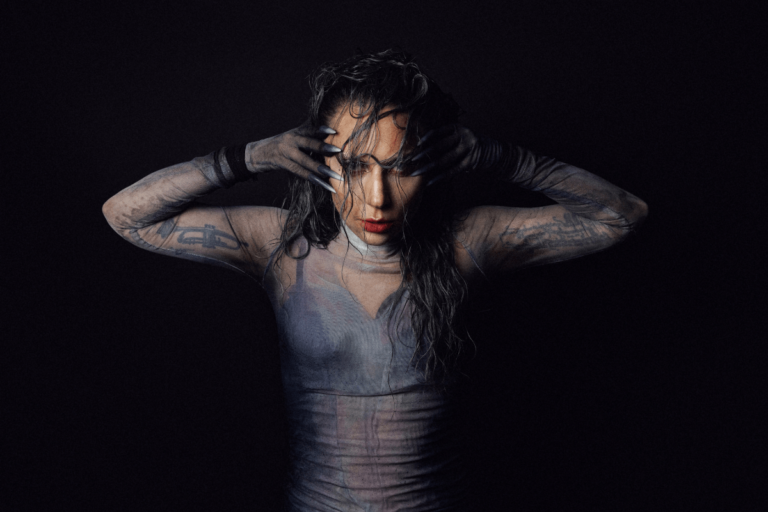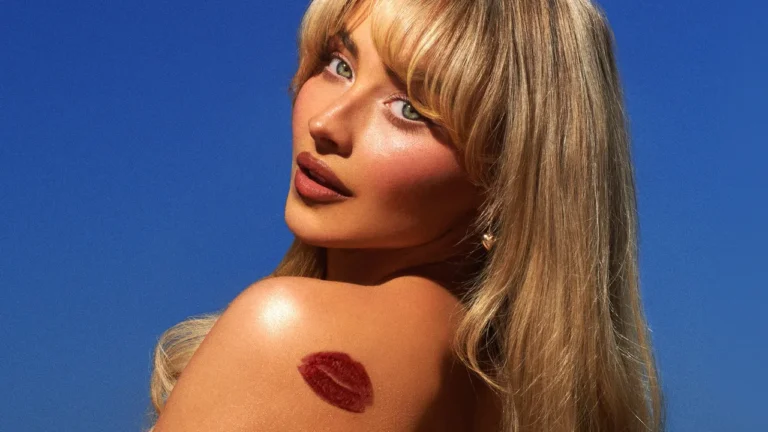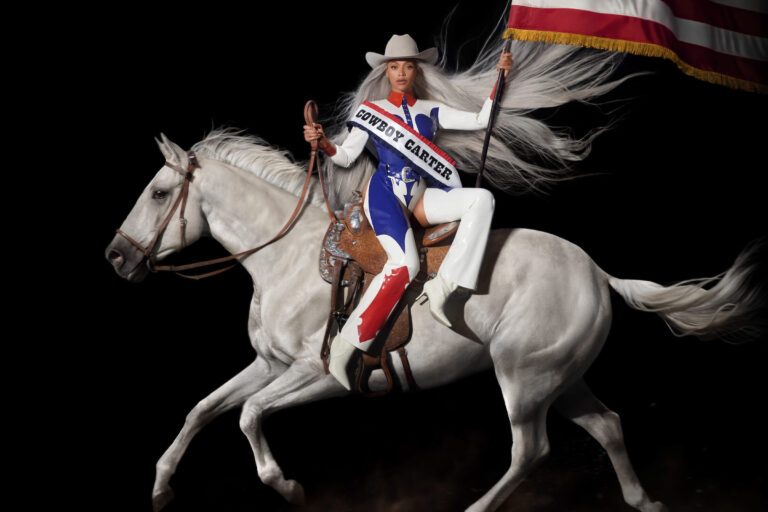TikTok Creator Sues Roblox Over Viral “Apple Dance” Emote, Citing Copyright Infringement

A TikTok user behind the viral “Apple Dance” has filed a lawsuit against Roblox Corporation, accusing the online gaming giant of copyright infringement for allegedly selling her choreography without permission.
Kelley Heyer, the creator of the widely imitated dance set to Charli XCX’s song Apple, filed the complaint last week in federal court in Los Angeles. The lawsuit claims Roblox unlawfully profited from her original choreography by turning it into a purchasable “emote” within its popular Dress To Impress game, which featured the British pop star’s likeness.
According to Heyer, Roblox approached her to discuss a potential licensing agreement, but never finalised a deal. Despite the lack of a contract, she alleges the company moved forward and began selling her dance to users, earning roughly $123,000 in sales, without compensating her.
“Roblox proudly advertises that its platform allows creators to ‘create, scale and monetise,’” her legal team wrote. “Yet, it has prevented Ms. Heyer from the crucial monetisation of her work on the Roblox platform.”
Heyer asserts that her dance is protected under U.S. copyright law, noting that she has previously reached legitimate licensing deals with companies like Epic Games and Netflix to use the choreography. Her legal complaint accuses Roblox of not only copyright infringement but also of misappropriating her intellectual property and proprietary rights.
In a statement to the press, Roblox denied the allegations and emphasised its commitment to creators’ rights. “Roblox takes the protection of intellectual property very seriously and is committed to protecting intellectual property rights of independent developers and creators to brands and artists both on and off the platform,” a spokesperson for the company said. “Roblox is confident in its position and the propriety of its dealings in this matter and looks forward to responding in court.”
Charli XCX is not named as a defendant in the lawsuit and is not accused of any wrongdoing.
Heyer’s lawsuit joins a growing list of legal battles over viral dance moves in digital entertainment. Similar lawsuits have previously been filed against Epic Games, the creator of Fortnite, by high-profile individuals like Alfonso Ribeiro, known for the “Carlton dance,” and the family of internet personality Russell “Backpack Kid” Horning, known for the “Floss.”
Courts have historically been sceptical of such cases, questioning whether brief dance moves qualify for copyright protection. However, a 2023 federal appeals court ruling revived a similar lawsuit against Epic Games, stating that there is “no reason to treat choreography differently” from more extended routines, potentially setting a new legal precedent that could impact Heyer’s case.
The lawsuit signals a continued clash between viral creators and major tech platforms over ownership and fair compensation in the age of user-generated content.







